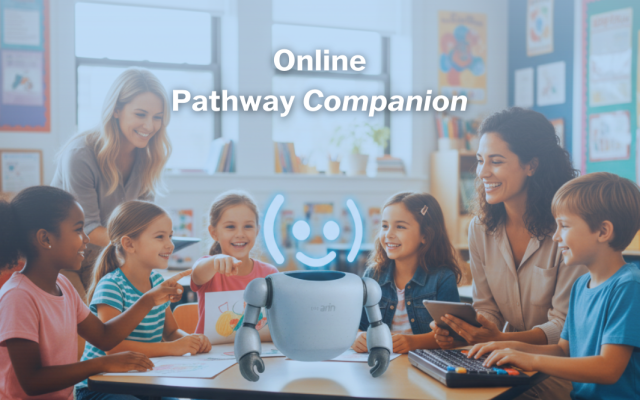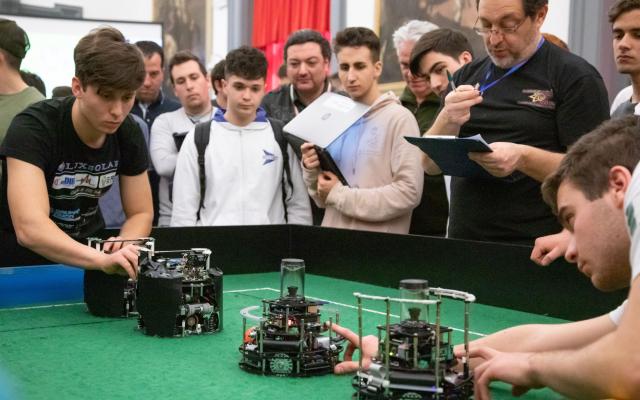RomeCup 2024: Ross King explains the contribution of robotics and AI to research.
After the creation of "Adam," the first scientist robot developed to conduct experiments autonomously and formulate scientific hypotheses, Ross Donald King, Professor of Machine Intelligence at the Chalmers University of Technology, and his team have continued exploring the contribution of AI to the automation of scientific research, especially in the fields of biology and biotechnology, in convergence with robotics and medicine.
At RomeCup 2024, Ross King presented ongoing Project Genesis, which concerns the use of a third-generation robot scientist to study eukaryotic system biology, a fundamental challenge for 21st century science. This is a complicated task as even simple eukaryotic cells such as yeast have thousands of genes, proteins, and other small molecules, that interact in a complex spatial and temporal manner. The high complexity of the models means that their development and evaluation require the execution of millions of experiments based on a hypothesis. Only AI systems with automated labs have the capacity to plan, conduct, and monitor such a high number of experiments. Genesis is an automated system for a physical lab that exploits AI technology to automatically conduct cycles of scientific experiments. Genesis is designed to conduct 10,000 continuous cycles of experiments in parallel. During the course of the project, the robot scientists will have to complete one million experiments based on a hypothesis.
In the short-term Genesis’ AI system, which designs, develops, and conducts thousands of experiments automatically, will provide a fundamental contribution to the understanding of the biology of highly complex systems.
“In order to face the great challenges of the 21st century, such as climate change, food insecurity, cancer, etc., we have to make science and technology increasingly more efficient and the only way to achieve this objective is artificial intelligence.”
Robot scientists have the potential to increase scientific productivity. They can accelerate scientific research one hundredfold. They can work more economically, faster, more precisely, and longer than human beings. And they can be easily multiplied because we actually don’t have enough researchers.
Ross King concluded suggesting an AI award be instituted for the most important scientific discovery conducted by a mixed – human and AI – team and one for achievements reached by AI systems alone.



